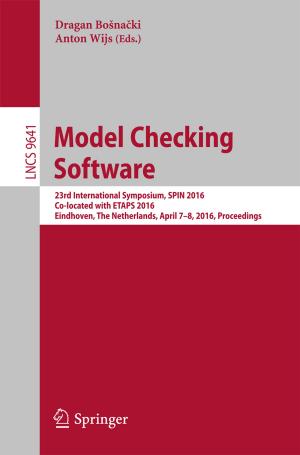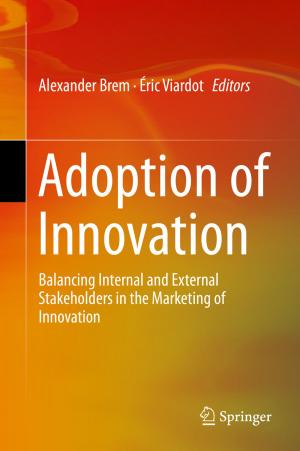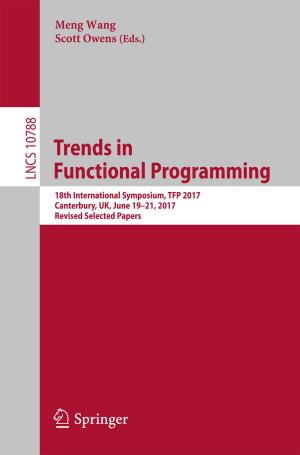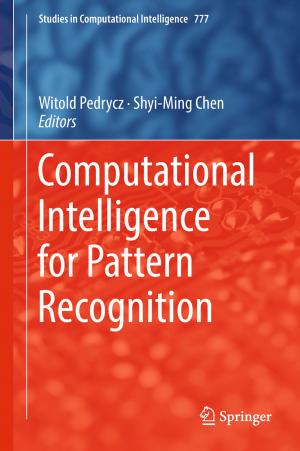Applied Evaluative Informetrics
Nonfiction, Computers, Database Management, Information Storage & Retrievel, General Computing, Science & Nature, Science| Author: | Henk F. Moed | ISBN: | 9783319605227 |
| Publisher: | Springer International Publishing | Publication: | September 8, 2017 |
| Imprint: | Springer | Language: | English |
| Author: | Henk F. Moed |
| ISBN: | 9783319605227 |
| Publisher: | Springer International Publishing |
| Publication: | September 8, 2017 |
| Imprint: | Springer |
| Language: | English |
This book presents an introduction to the field of applied evaluative informetrics, dealing with the use of bibliometric or informetric indicators in research assessment. It sketches the field’s history, recent achievements, and its potential and limits.
The book dedicates special attention to the application context of quantitative research assessment. It describes research assessment as an evaluation science, and distinguishes various assessment models, in which the domain of informetrics and the policy sphere are disentangled analytically. It illustrates how external, non-informetric factors influence indicator development, and how the policy context impacts the setup of an assessment process. It also clarifies common misunderstandings in the interpretation of some often used statistics.
Addressing the way forward, the book expresses the author’s critical views on a series of fundamental problems in the current use of research performance indicators in research assessment. Highlighting the potential of informetric techniques, a series of new features is proposed that could be implemented in future assessment processes. It sketches a perspective on altmetrics and proposes new lines in longer term, strategic indicator research.
It is written for interested scholars from all domains of science and scholarship, and especially for all those subjected to research assessment, research students at advanced master and PhD level, research managers, funders and science policy officials, and to practitioners and students in the field.
This book presents an introduction to the field of applied evaluative informetrics, dealing with the use of bibliometric or informetric indicators in research assessment. It sketches the field’s history, recent achievements, and its potential and limits.
The book dedicates special attention to the application context of quantitative research assessment. It describes research assessment as an evaluation science, and distinguishes various assessment models, in which the domain of informetrics and the policy sphere are disentangled analytically. It illustrates how external, non-informetric factors influence indicator development, and how the policy context impacts the setup of an assessment process. It also clarifies common misunderstandings in the interpretation of some often used statistics.
Addressing the way forward, the book expresses the author’s critical views on a series of fundamental problems in the current use of research performance indicators in research assessment. Highlighting the potential of informetric techniques, a series of new features is proposed that could be implemented in future assessment processes. It sketches a perspective on altmetrics and proposes new lines in longer term, strategic indicator research.
It is written for interested scholars from all domains of science and scholarship, and especially for all those subjected to research assessment, research students at advanced master and PhD level, research managers, funders and science policy officials, and to practitioners and students in the field.















